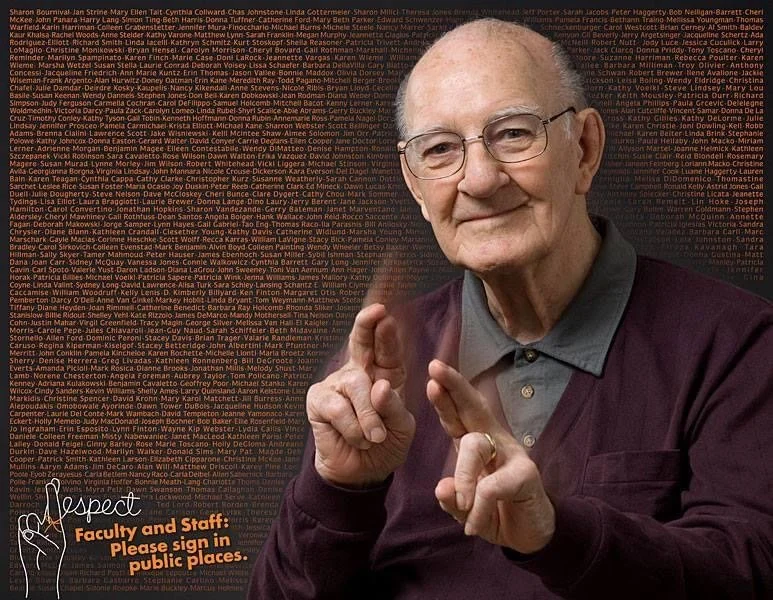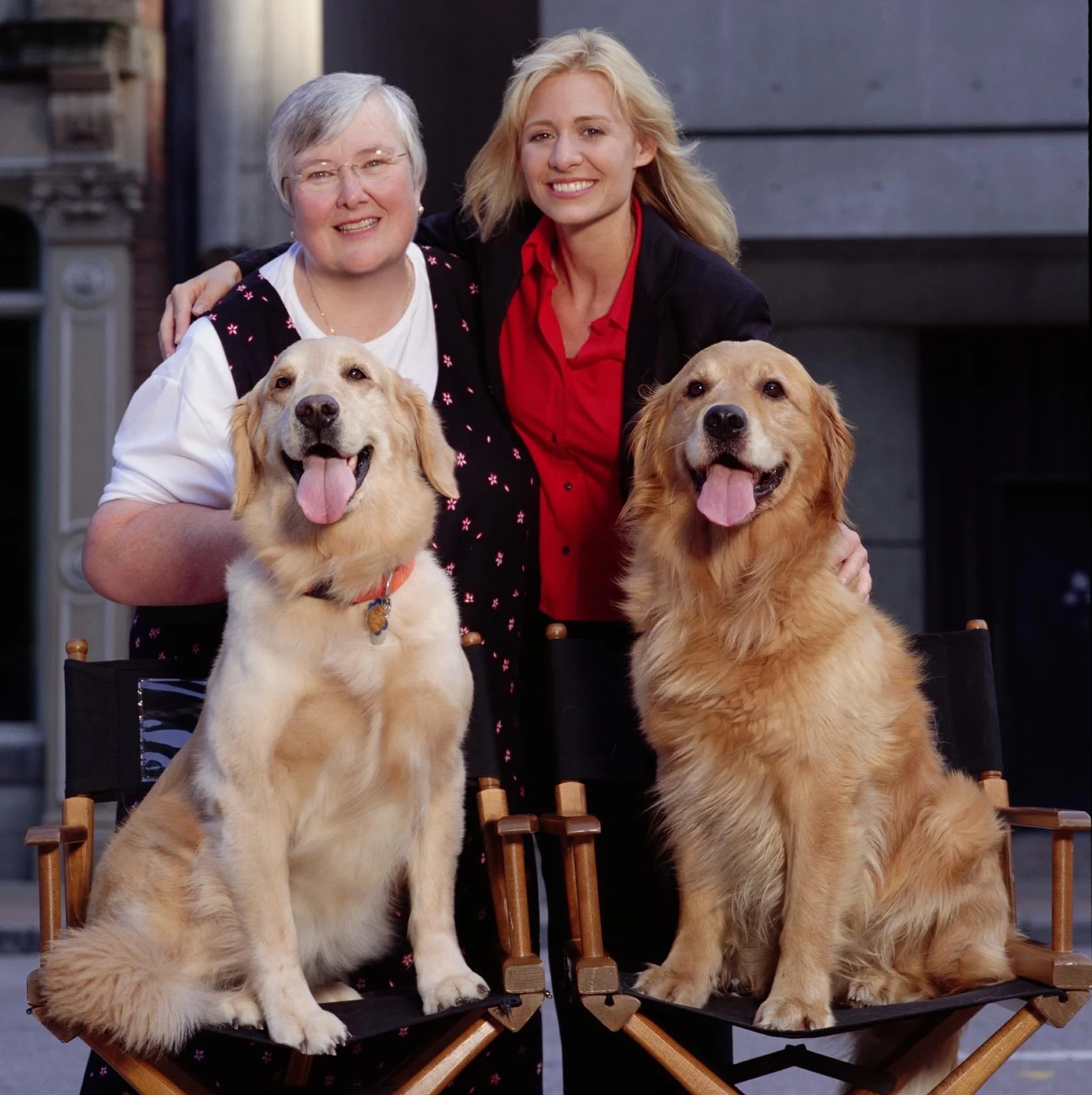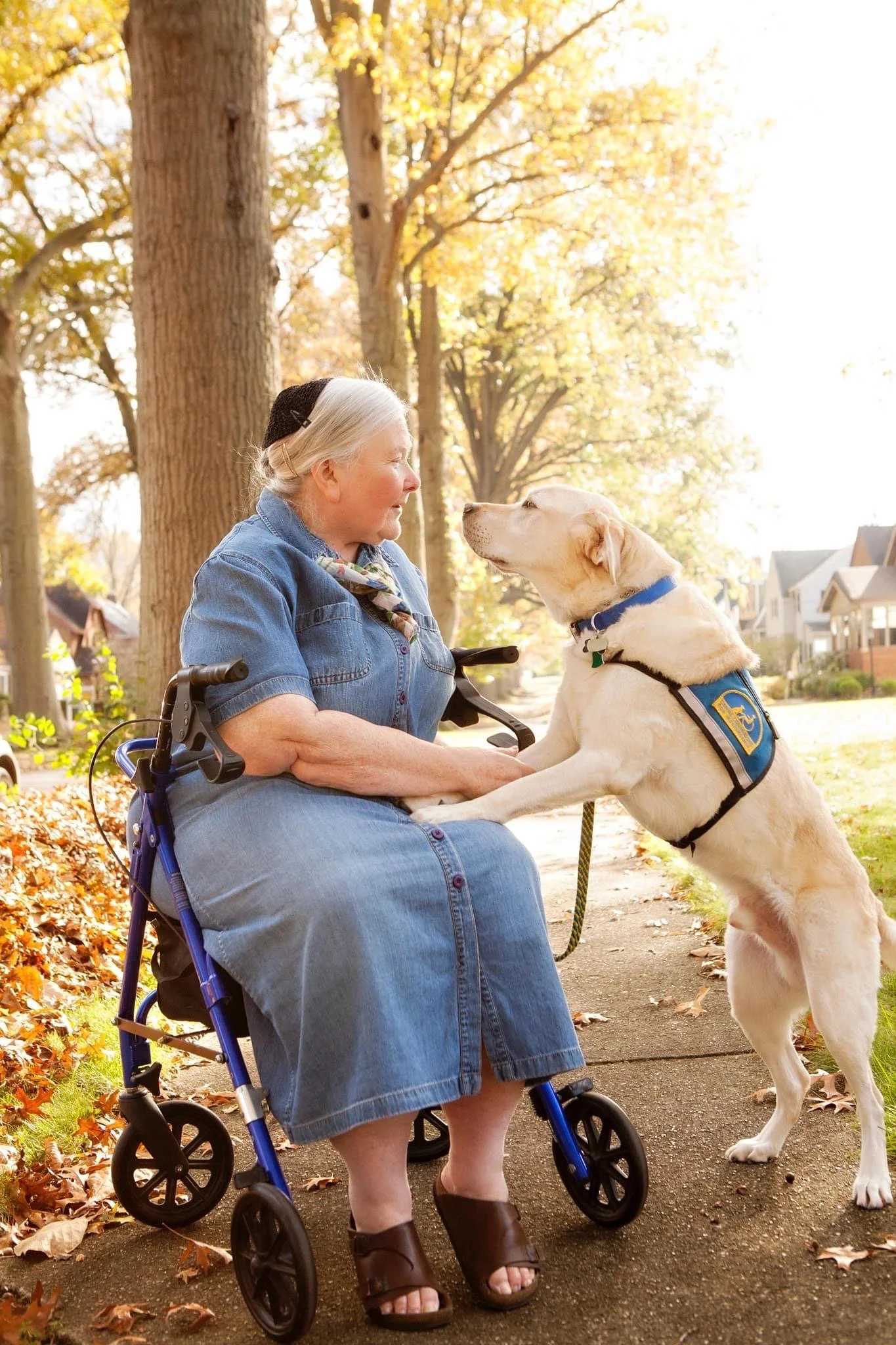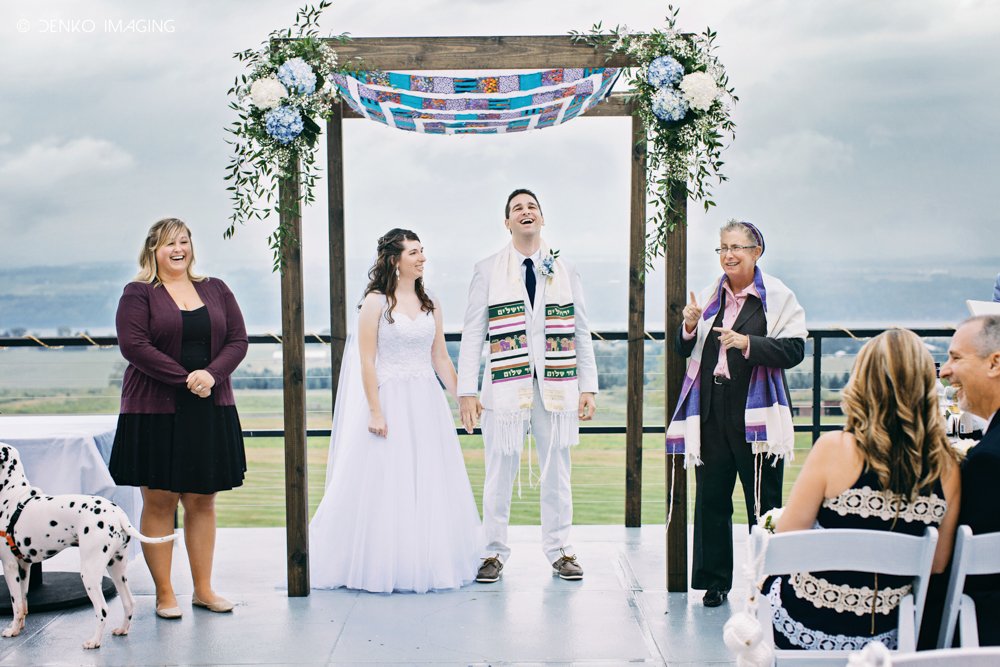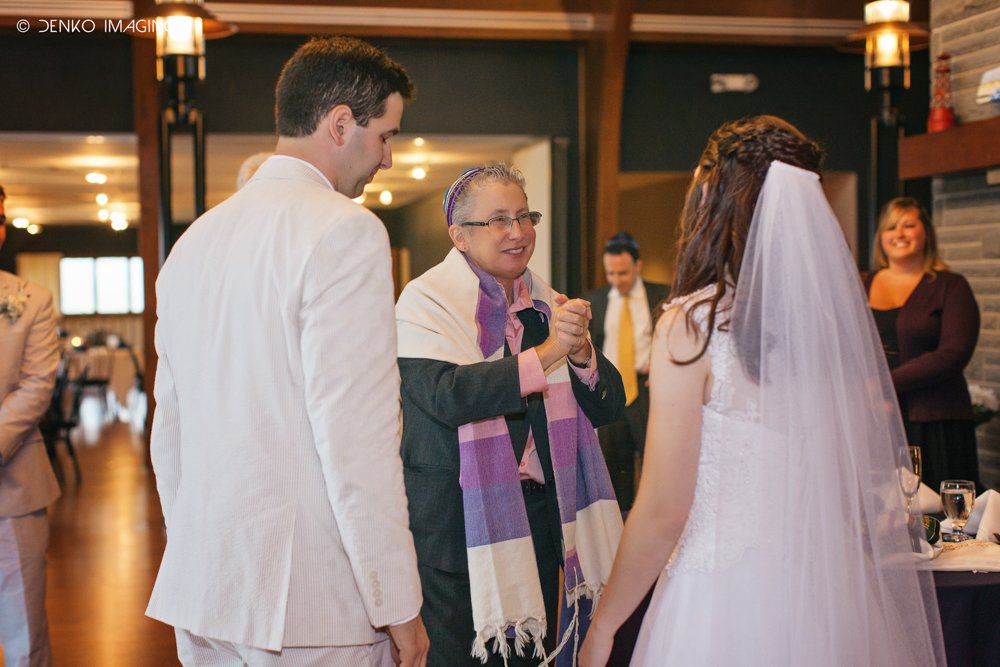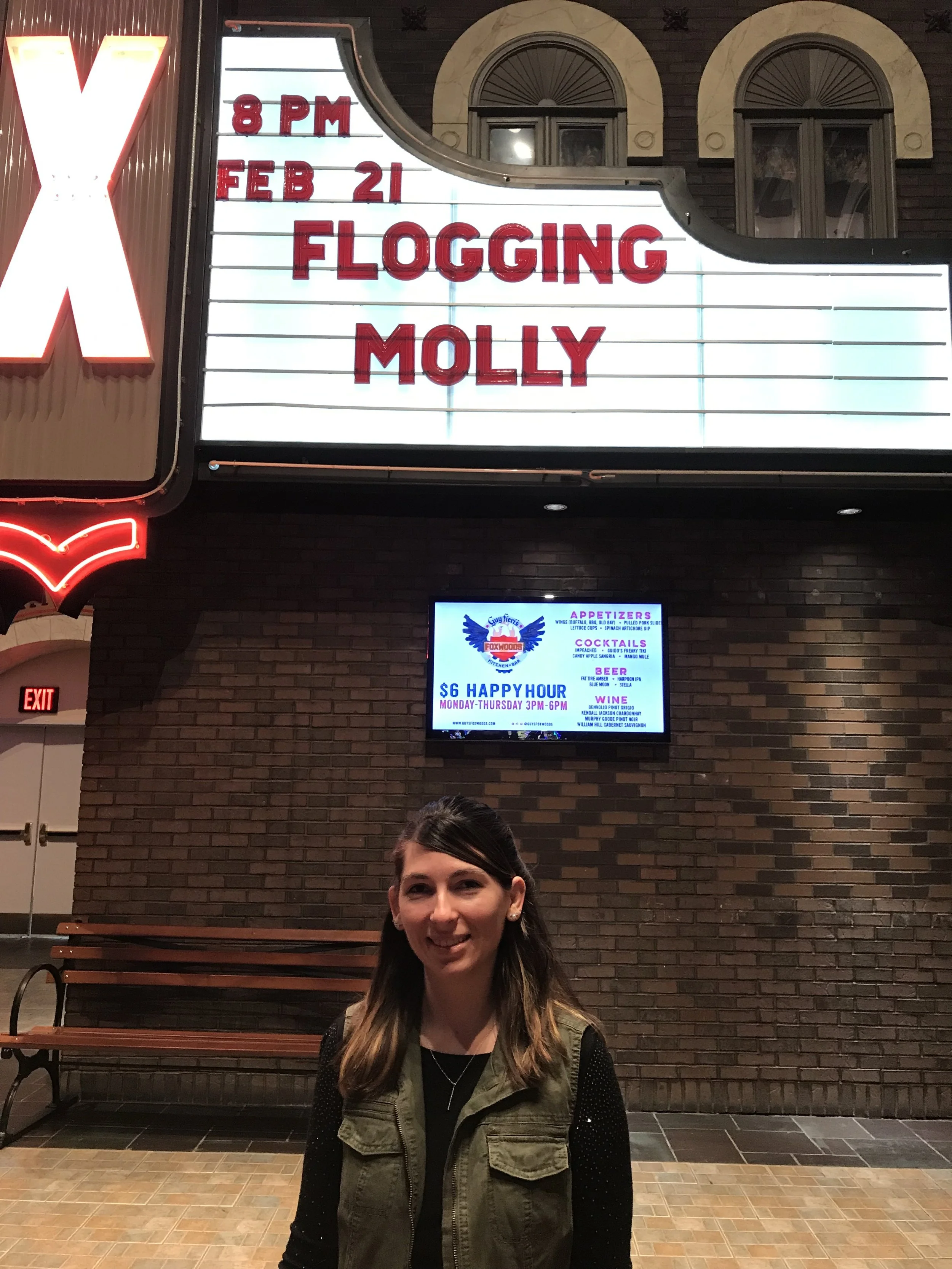Happy Deaf Awareness Month!
This past week I saw a post that was frequently shared over Instagram. The post quoted “I don’t want to turn a Deaf child into a hearing child. I want to help a Deaf child who struggles become a Deaf child who doesn’t struggle”. Those words just really got to me! It made me reflect on my mainstreamed childhood in the public schools. I had some tough times but also gained a lot from my experiences. It’s important to have the best education but at same time, make sure it fits the needs of each individual. Not all deaf people are the same, so the needs varies!
I was mainstreamed in a public school in Upstate New York my entire life. Being mainstreamed was very challenging. I first attended an elementary school across town that had a specialized classroom for students with hearing loss as well as other disabilities. There was an average of 13 students in the classroom every year. I would spend half of the day in the classroom working on speech and writing.
Let’s go off track for a bit so I can explain why writing was a huge focus for me. Grammar is a common weakness for Deaf people. American Sign Language and English are different language, with different grammar rules. Because of our hearing loss we are not learning the linguistics patterns; therefore, writing can be challenging for many. You can see this sometimes when a Deaf person would write the way they sign. Example: (English) How are you? (ASL - how we would sign) How you? Often when using ASL, the verbs (is, be, am, were, etc) aren’t signed. ASL follows different word orders than spoken English.
I hope this clarify why I needed more time to work on writing and with grammar than an average student needed. So again, my typical day consisted of spending the morning in the special education classroom then in the afternoon, I went to my mainstreamed class. This is when I ate lunch with my peers, attended specials (PE/music/art/library) classes and learn other core subjects (math/science/social studies).
I attended that elementary school up to the 4th grade. Since the school wasn’t in my neighborhood, I had to commute daily on a bus. I begged my parents to let me go to the local elementary school in my neighborhood. I badly wanted to be at same school as my brother and the local kids from my neighborhood. My parents had to fight for me to be allowed to transfer schools. The school I was going to had the special classroom equipped with interpreters, Teacher of the Deaf and speech services. The district didn’t want to pay additional for those services at the local school. Thankfully my parents didn’t give up on the fight and I was able to go to the local school for 5th and 6th grades.
It was one of the best decisions for me to transfer schools. Despite the challenges, it was worth it in the end. The experience made me grow a lot and learn how to be my own advocate. I made local friends. I had grown up watching my brother have local friends who were able to come over to play. My friends from my first school never did that since it was across town. When I transferred to the local school, I made many local friends who were able to play with after school. I had best friends. I had sleepovers. I went to birthday parties. I went to friends’ houses for play dates. I was having the normal friendships that I watched my brother have.
One of the second grade teacher at my local school heard about my upcoming arrival the following year so she hosted a sign language club after school. I was allowed to come as a guest to help her teach kids basic ASL. I made a few friends. This helped tremendously with the first day jitters! I walked into the class immediately knowing some friends because of the club. I was very grateful for that teacher to open doors for friendships! She has no idea how her actions with the sign language club became a major asset for my transition into the new school.
Being at the local school was very different. I felt that because I was clumped in with the special education kids at the first school, it was hard for others to see me as an independent person. While at the local school, I was the only deaf student. Everyone was intrigued with my deafness. They really took the time to get to know me and learn my language and communicate with me. I was more involved in other activities and plays because they saw my ability. I even announced the weather reports over the loudspeakers daily to practice my speech skills! Attending the local school really allowed me to thrive and build my independence.
I went onto middle school and high school with my friends. It became more difficult to socialize with my peers as we got older. It was easier in elementary schools when kids were more willing to learn sign language. ASL was old news by the time we got to high school. Some friendships drifted away, but I still gained new ones.
Some have asked me over the years why I didn’t go to Rochester Deaf School for the Deaf (RSD) in Rochester, NY. Despite the 2 hours drive, it was the closest deaf institute to my hometown. It was common for almost every deaf kid from my area to attend RSD for middle and high school. While I was in middle school, my parents took me to RSD and New York State School for the Deaf (NYSSD) in Rome, NY. We toured the schools and my parents left the decision completely up to me if I wanted to attend.
First of all, it was amazing for me to see a class taught in my language - sign language. Some teachers were deaf too! I was blown away at how this was reality. It’s what I have always dreamed of, a perfect world where everything is spoken in my language and everyone was deaf. I followed students my age around for the day at both deaf institutes. I went to their classes with them. I ate lunch with them. I played in P.E. class with them. It was so much fun communicating completely in my language with people who understood me. The world that day was fully immersed in deaf culture. That was the biggest pro of deaf institutes - I would not suffer with socializing aspect. Education was whole other story.
I was disappointed from my observations in the classes that I attended how far behind they were. I was in 7th grade at the time, and they were teaching materials that I had learned in 5th grade. The classes were much smaller with a range of 5-7 students. I can’t exactly say why the education at the time of my visit was behind - it could been lack of staff or resources. It could been that these students needed more time to learn things. Sometimes it can be delayed for deaf people to learn things. You can see an example of that from interpreters. When a speaker is talking, the interpreter has to listen then think about how to interpret that information, then interpret. We will always be a couple of minutes behind from receiving that information. What you see in few minutes with an interpreter can apply to teaching years worth of materials to deaf children. It may require some extra time for them to understand. Some deaf kids have language deprivation at young ages due to their parents not knowing what to do with them. It can delay the whole learning process because teaching them language is a priority in order for them to be able to receive information. I see this issue at NTID (deaf college in Rochester) too. Everyone’s learning processes varies.
It was a very difficult decision to pick opportunities over social life. The mainstreamed school offered so much more classes and activities that the deaf institutes didn’t. Another huge factor in my decision to stay at the mainstreamed school was wanting to stay local with my family and friends. If I had decided to attend the deaf institute, I would have to stay in the residential dorms during the week. The students travels to the institute every Mondays and travel back home on Fridays for the weekends. It was extremely hard for me to imagine that lifestyle because I grew up doing everything with my family, even during the week. I didn’t want to miss out on things with my family. I relied on seeing my family daily (back in the days before videophones existed!). I couldn’t imagine not seeing my brother, who is my best friend, every day.
This decision continue to come up through out my mainstreamed years. It got really difficult at times. There were times when I struggled with social life. I was lonely when I didn’t have many friends. It wasn’t easy. I thought about how different my life would have been if I took the deaf institute path. I have imagined all kinds of scenarios but in the end, I know it was the best decision for me. I knew I would eventually go to RIT/NTID for college which had the deaf community I was searching for. I just had to wait a bit longer to have that. My years in mainstreamed schools taught me a lot and made me learn how to thrive, how to be an advocate and how to be independent.
All opinion in this blog are my own. It does not reflect the opinions of other deaf members.


